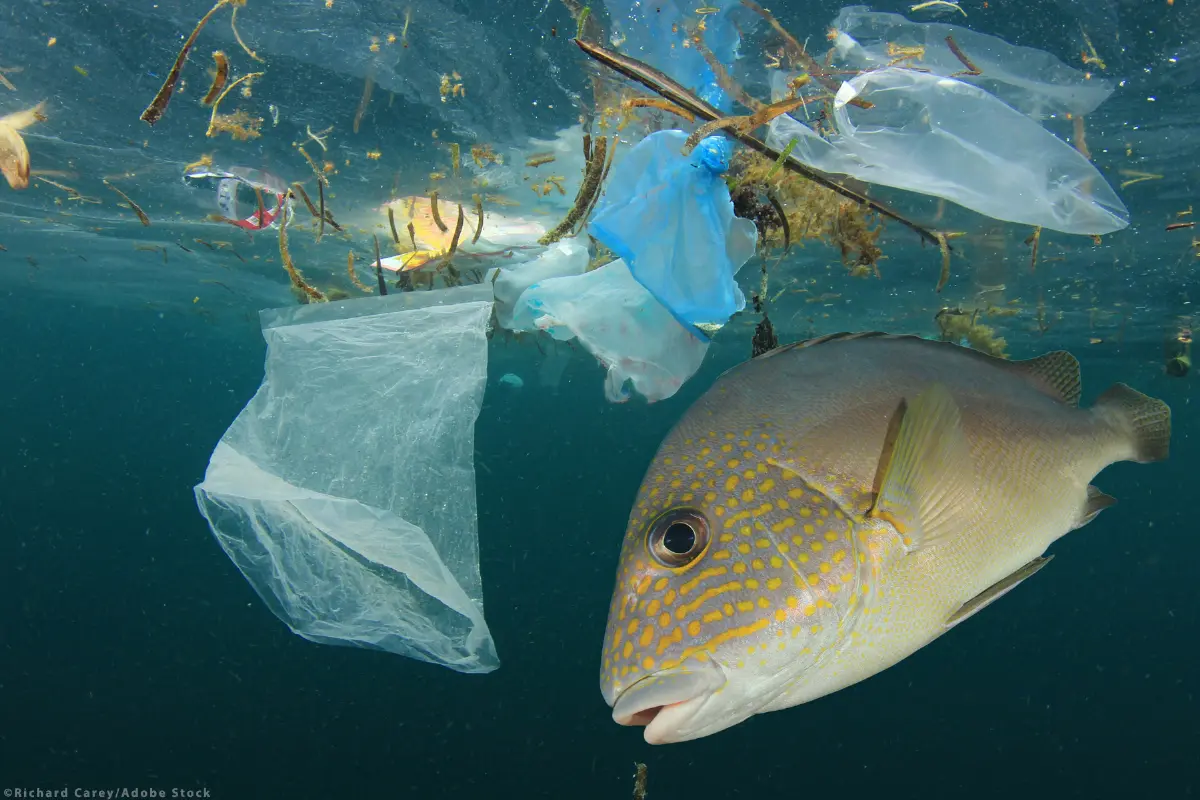
Do you want to access to this and other private contents?
Log in if you are a subscriber or click here to request service
Recycling in the fisheries sector: key to cleaning up our seas
European Parliament urges the to reduce marine litter

Parliament has stated that increasing recycling in the fisheries sector and substantially reducing the use of plastics are the key to cleaning up our seas. In a non-legislative resolution adopted on Thursday 25 March with 646 votes in favor, 3 against and 39 abstentions, MEPs stress that marine litter, and especially micro and nano plastics, "pose a serious threat to many species of marine fauna",...
hef - 17966
EFA News - European Food Agency
EFA News - European Food Agency